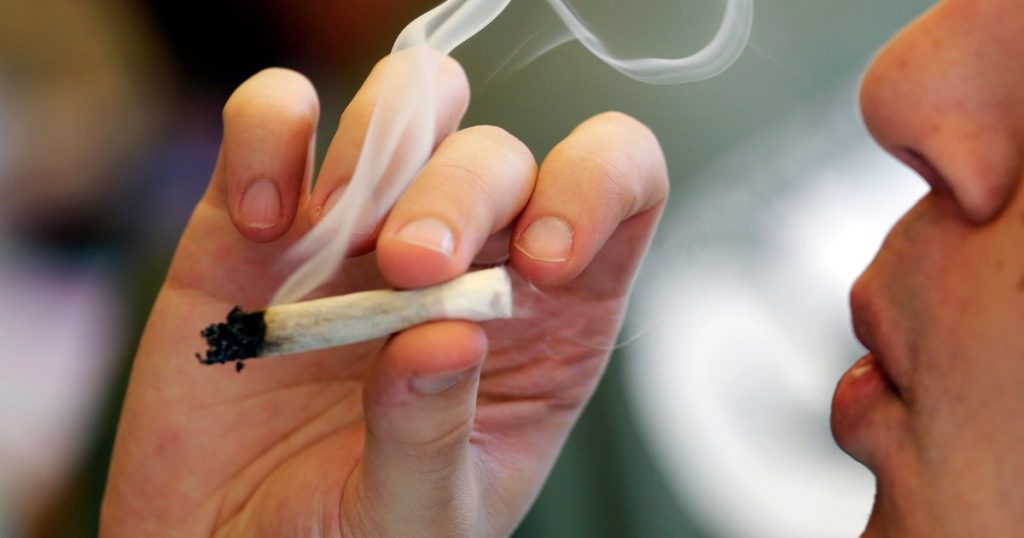The Florida Supreme Court has ruled to allow an initiative to legalize recreational marijuana use to appear on the state’s ballot in November. The proposed amendment would permit adults 21 and older to possess, purchase, or use marijuana for personal consumption, and also allow licensed entities to cultivate, process, and distribute marijuana products and accessories. The measure must receive 60% approval from voters to pass, a requirement which has faced opposition from many Republicans, including the state attorney general’s office. However, Justice Jamie R. Grosshans stated in an advisory opinion that the proposed amendment meets the requirements for constitutionality and clarity, allowing it to move forward for placement on the ballot.
Cannabis is legal for either recreational or medical use in more than 40 states, with Smart & Safe Florida, a sponsor of the ballot initiative, welcoming the court’s decision. The group expressed pleasure that voters will have the opportunity to vote on the important issue. State Attorney General Ashley Moody’s office and Gov. Ron DeSantis did not immediately respond to requests for comment following the ruling, with the attorney general’s office previously opposing the ballot measure and deeming it misleading. Despite this, the court approved the amendment for the November ballot, marking a significant step towards potential legalization of recreational marijuana in Florida.
In addition to the ruling on the marijuana initiative, the Florida Supreme Court also addressed abortion laws in the state. The court upheld a 15-week ban on abortion, allowing a six-week ban signed into law by Gov. DeSantis last year to take effect. However, the court also approved a proposed amendment that would enshrine abortion rights in the state constitution to appear on the ballot in the future. President Joe Biden’s re-election campaign criticized the state’s abortion ban in a memo shared with NBC News, emphasizing that the issue of abortion rights would play a prominent role in the state’s political landscape in November. The potential impact of the abortion issue on the state’s electoral landscape was highlighted, with the memo suggesting that it could bring Florida within reach for Biden, a state Trump won twice.
The ruling on the potential legalization of recreational marijuana in Florida has implications for the state’s political and social landscape. If approved by voters in November, the amendment would allow for the legal possession and use of marijuana by adults for personal consumption, in addition to a regulated system for cultivation and distribution of marijuana products. The ruling has also placed the issue of abortion rights at the forefront of the state’s political discourse, with a 15-week ban upheld and a proposed amendment for enshrining abortion rights in the constitution approved to appear on the ballot. These decisions by the Florida Supreme Court indicate the significance of both marijuana legalization and abortion rights in shaping the state’s future.
The court’s decision to allow the recreational marijuana initiative on the ballot reflects a shift in attitudes towards marijuana legalization, with more than 40 states now allowing cannabis for medical or recreational use in some form. The ruling also highlights the political divide on issues such as marijuana and abortion, with Republicans opposing the marijuana measure and advocating for abortion restrictions, while Democrats and advocacy groups push for broader access to both. The coming months leading up to the November election will see increased debate and campaigning on these issues, as they emerge as key considerations for voters in Florida. The court’s rulings provide a framework for addressing these contentious topics and reflect the evolving social and political landscape in the state.


